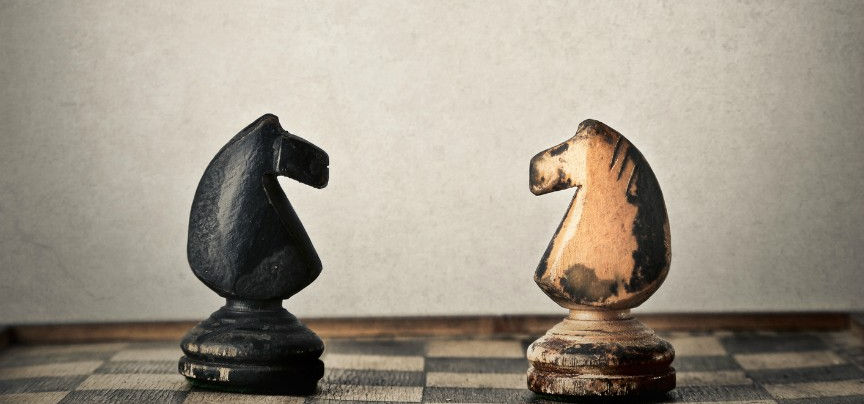Prejudice

In the 1800s, prejudice came in many forms. Prejudice between different social classes was perhaps the most obvious in everyday life, and in Pride and Prejudice. Upperclass members, like Mr. Darcy, would never stoop so low as to associate themselves with the middle class, like the Bennet family.
Prejudice was also evident in sexism. Women's thoughts were not respected by men. Women were seen as an amusement. Therefore, of course, any proposal of marriage made by a man would be an honor to a woman, as Mr. Collins so eloquently puts it.
Victorian England was also extremely prejudiced against immigrants. Most immigrants in the time period were Irish or Jewish, and racial prejudice goes completely unmentioned in Pride and Prejudice, which perhaps says something about racial prejudice in and of itself.
Prejudice Then
Prejudice Now
You don't have to look far to find examples of prejudice today. Though we may not think about them, the old prejudices have carried over. We have not rid ourselves of social class prejudice, but modern prejudice is most evident in racism, sexism, homophobia, and stereotyping.
Perhaps the most recent and most shocking example is the White Nationalist rally in Charlottesville. These extremely prejudiced views have been lying dormant in America for a long time, but now they're coming to light, in frightening force.
BUT, White Nationalists are not the only problem. Most Americans are prejudiced in some way, even if they don't know it. This is called implicit prejudice. Implicit prejudice is most obvious in the workforce. When choosing to hire a new employee an employer might choose a white candidate over a non-white candidate because they "seem like a better fit". This is implicit prejudice.
Prejudice

People must learn to hate, and if they can learn to hate, they can be taught to love, for love comes more naturally to the human heart than its opposite...
Nelson Mandela

LANGUAGE
Be mindful. There are many phrases built into our language that are prejudiced remarks. Educated yourself on the origin of your slang.

ENTERTAINMENT
Expose yourself to (and create) diverse books, movies, theatre, etc. We are afraid of what we don't know. It is your responsibility to learn

You might not thing you're prejudiced, but what about unconscious prejudice? Have you ever thought "this person seems like a better fit". Why? Is it because they're more like you?
BE AWARE
WHAT CAN WE DO?
FOR EXAMPLE

LANGUAGE
The phrase "No can do" originated as a way to mock Chinese Pidgin English, but it's wide use has obscured it's prejudiced roots

ENTERTAINMENT
Books: The Hate You Give by Angie Thomas, The Kite Runner by Khaled Hosseini, etc.
Movies: Moonlight, Zootopia, etc.
Theatre: Sweat by Lynn Nottage, Hamilton, etc.

BE AWARE
Next time you make a choice between two people, whether professionally or socially, stop and think about why. Your "instincts" may be based in prejudice.